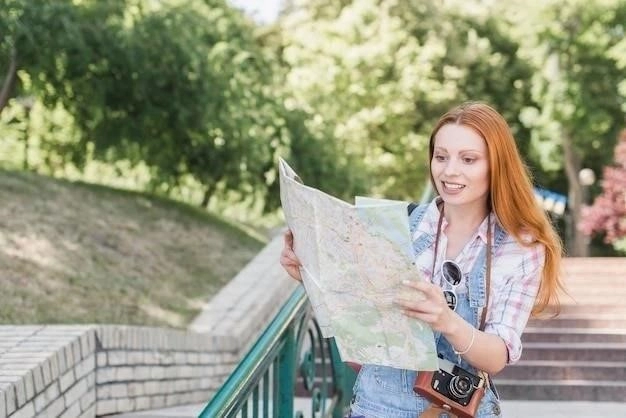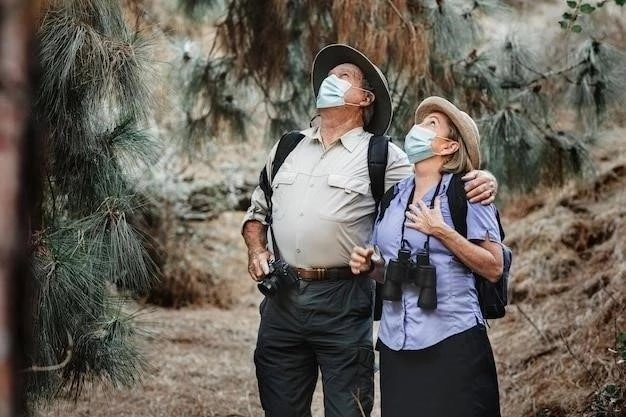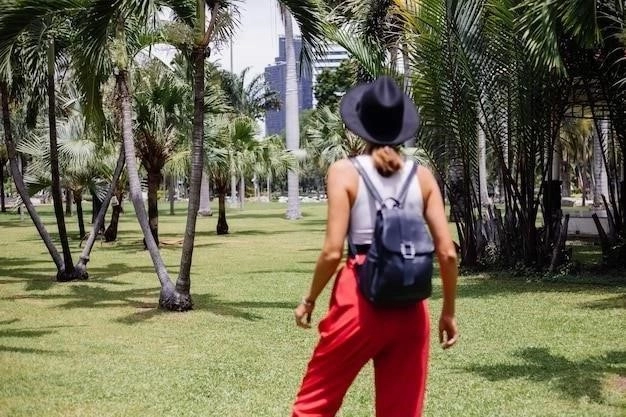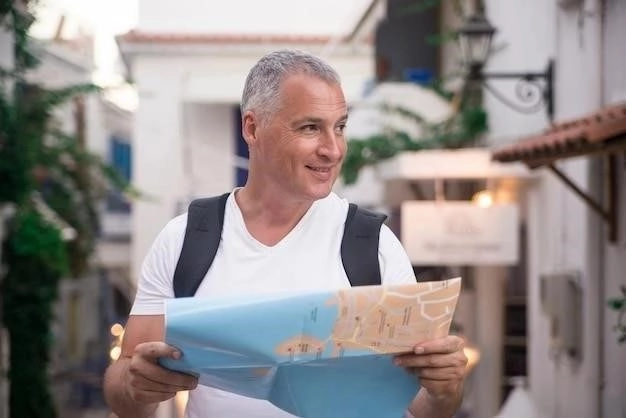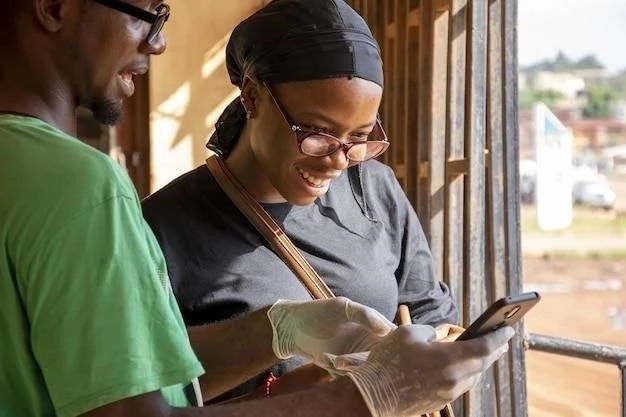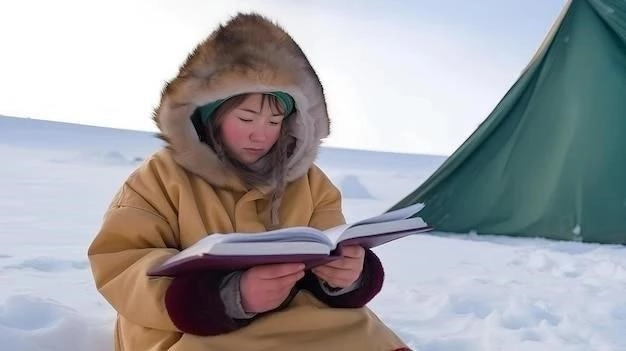Somalia, located in the Horn of Africa, possesses a rich cultural heritage and stunning landscapes. However, it is paramount to acknowledge the significant travel risks present in the country. This guide aims to provide essential information for those considering travel to Somalia, emphasizing the importance of personal safety and informed decision-making.
General Information
Somalia is situated on the Horn of Africa, bordered by Ethiopia to the west, Djibouti to the northwest, the Gulf of Aden to the north, the Indian Ocean to the east, and Kenya to the southwest. It boasts the longest coastline on the African mainland, offering a diverse geography encompassing both coastal plains and elevated plateaus.
- Capital: Mogadishu
- Official Languages: Somali, Arabic
- Population: Approximately 17 million (estimated)
- Currency: Somali shilling (SOS)
- Climate: Predominantly hot and arid, with seasonal variations and a monsoon season.
Please note: Somalia has experienced prolonged civil unrest and political instability. This has significantly impacted infrastructure and essential services throughout the country.
Safety and Security
Unfortunately, Somalia presents a high-risk security environment for travelers. Various government bodies, including the U.S. Department of State, strongly advise against all travel to Somalia. The most significant safety concerns stem from:
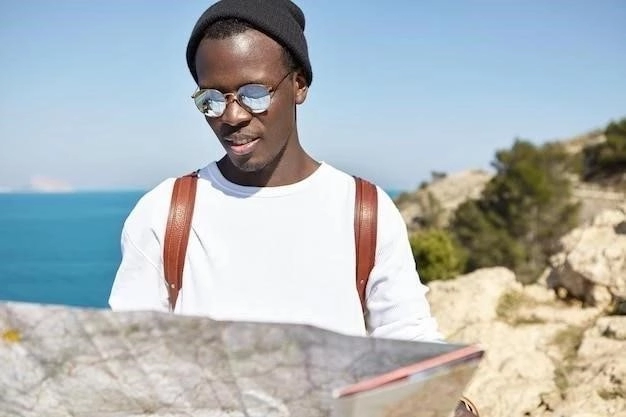
- Terrorism: The terrorist group al-Shabaab has a significant presence in Somalia and has conducted numerous attacks, targeting civilians and government facilities.
- Crime: Violent crime, including kidnapping, armed robbery, and carjacking, is widespread, particularly in urban areas.
- Civil Unrest: Political instability and inter-clan conflicts can lead to violence and unrest, impacting the safety of travelers.
- Piracy: While piracy incidents have decreased, there remains a risk of maritime piracy off the coast of Somalia.
- Emergency services are extremely limited or non-existent in many parts of Somalia.
- The security situation can change rapidly and unpredictably.
- Standard precautions, such as avoiding large gatherings and being aware of your surroundings, are insufficient to mitigate the risks in Somalia.
Travelers who choose to disregard these warnings do so at their own peril.
Visa Requirements
All travelers to Somalia require a visa to enter the country. It is essential to note that obtaining a Somali visa can be a complex and challenging process due to limited diplomatic representation and the current security situation.
- Visa applications must be submitted in advance, as visas are not issued upon arrival.
- Travelers typically need to apply for a visa through the Somali embassy or consulate in their home country.
- Visa processing times can be lengthy and unpredictable.
- Additional documentation, such as a letter of invitation or a security clearance, may be required depending on the purpose of travel.
Given the challenging security environment, it is strongly advised to consult with the relevant Somali diplomatic mission in your home country for the most up-to-date information on visa requirements and application procedures.
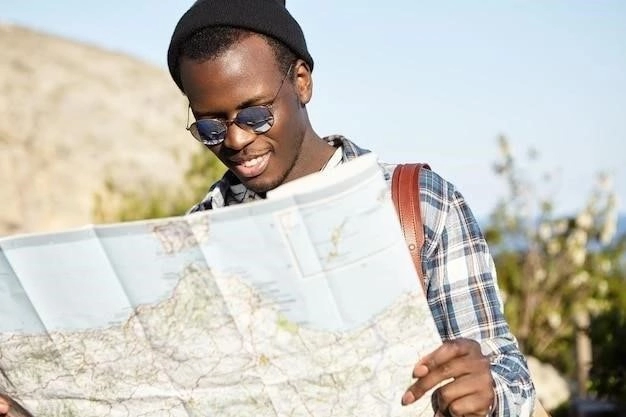
Important note: Even with a valid visa, entry into Somalia is not guaranteed. Immigration officials at ports of entry have the authority to deny entry for any reason.
Health
Travelers to Somalia face significant health risks due to limited healthcare infrastructure, the presence of infectious diseases, and challenging sanitary conditions. It is crucial to take extensive precautions to protect your health.
Vaccinations: Consult with a travel medicine specialist well in advance of your trip to ensure you are up-to-date on routine vaccinations and to receive recommended travel vaccines, which may include those for:
- Hepatitis A and B
- Typhoid
- Yellow Fever
- Meningococcal Meningitis
- Polio

Malaria: Somalia is a high-risk malaria zone. Take strict precautions to prevent mosquito bites, such as using insect repellent, wearing long clothing, and sleeping under mosquito nets. Consult with your doctor about antimalarial medication.
Food and Water Safety: Exercise extreme caution with food and water consumption to minimize the risk of gastrointestinal illnesses. Drink only bottled or boiled water, avoid ice, and consume thoroughly cooked food.
Medical Care Access: Healthcare facilities in Somalia are severely limited, particularly outside of major cities. Medical evacuation insurance is strongly advised in case of serious illness or injury.
It is essential to pack a comprehensive medical kit containing essential medications, first-aid supplies, and any personal prescriptions.
Transportation
Navigating transportation within Somalia can be challenging and potentially risky due to limited infrastructure, security concerns, and unpredictable travel conditions. Careful planning and flexibility are crucial.
Air Travel: Aden Adde International Airport (MGQ) in Mogadishu serves as the main international airport. However, flight schedules can be unreliable, and there are security risks associated with air travel within Somalia.
Road Travel: Road conditions in Somalia vary significantly. Major roads may be paved but poorly maintained, while many routes are unpaved and susceptible to deterioration during the rainy season. Road travel can be dangerous due to the risk of carjacking, banditry, and military checkpoints.
Public Transportation: Public transportation options, such as minibuses and shared taxis, are available in some areas but are often overcrowded and may not adhere to safety standards. Exercise caution when using public transportation.
Security Considerations: It is strongly advised to avoid traveling at night and to exercise extreme caution when using any form of transportation in Somalia. Hiring experienced local drivers or security escorts may be necessary for certain areas.
It is essential to prioritize personal safety and carefully assess the risks associated with any transportation option in Somalia. Always stay informed about the latest security updates and travel advisories.
Accommodation
Accommodation options in Somalia are limited and vary significantly in terms of availability, quality, and security. It is crucial to prioritize safety and security when selecting lodging.
Hotels: International-standard hotels are primarily found in Mogadishu, with limited options available in other major cities. These hotels often have enhanced security measures but can be expensive. Always book accommodations in advance and verify security arrangements directly with the hotel.
Guesthouses and Local Lodgings: Budget-friendly guesthouses and local lodgings exist in some areas. However, these options may lack reliable amenities and security. Thoroughly research and exercise caution when considering such accommodations.
Private Rentals: Renting private homes or apartments is uncommon and may pose significant security risks. It is generally not advised for travelers.
Security Considerations: Regardless of your chosen accommodation, prioritize personal safety. Inquire about security measures, such as 24-hour security personnel, secure perimeters, and secure access points. Be aware of your surroundings and report any suspicious activity to hotel staff or local authorities.
Due to the unpredictable security situation, it is crucial to remain flexible with accommodation plans. Have backup options in mind and be prepared to adjust your itinerary if necessary.
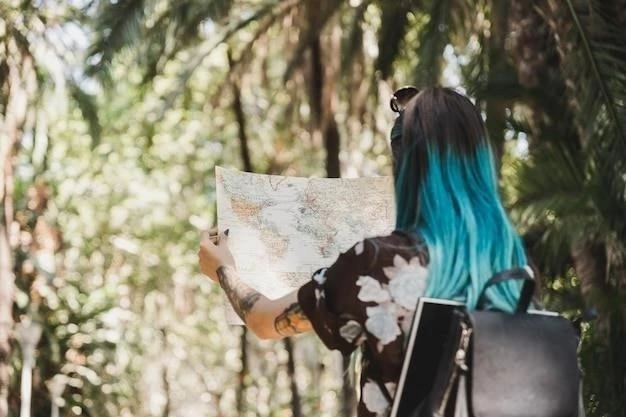
Food and Drink
Somali cuisine, while diverse and flavorful, presents certain health considerations for travelers. It’s essential to prioritize food and drink safety to minimize the risk of illness.
Traditional Cuisine: Somali cuisine often features rice, pasta (influenced by Italian cuisine), meat (camel, goat, sheep), seafood, and a variety of spices. Staples include “bariis” (rice), “spaghetti,” and “anjero” (a spongy flatbread).
Food Safety: Due to limited sanitation infrastructure, foodborne illnesses can be a concern. Adhere to these precautions:
- Consume food that is freshly cooked and served hot.
- Avoid raw or undercooked meat, seafood, and eggs.
- Be cautious with street food vendors; choose those with visibly clean preparation areas.
- Wash fruits and vegetables thoroughly with bottled or boiled water.
Drinks: Drink only bottled or boiled water. Avoid ice, as it may be made with contaminated water. Somali tea (“shaah”) is a popular and generally safe beverage.
Alcohol: Somalia is a predominantly Muslim country, and alcohol consumption is generally prohibited. It is respectful to adhere to local customs regarding alcohol.
By prioritizing food and drink safety, travelers can enjoy Somali cuisine while minimizing health risks.
Money and Banking
Navigating the financial landscape in Somalia can be complex, and it’s crucial for travelers to be prepared for limited banking services and a reliance on cash transactions.
Currency: The official currency of Somalia is the Somali shilling (SOS). However, US dollars are widely accepted, particularly in urban areas.
Cash Transactions: Somalia operates predominantly on a cash basis. Credit cards and traveler’s checks are generally not accepted. It is essential to carry sufficient local currency for all expenses.
Banking Services: The formal banking system in Somalia is underdeveloped. While some banks operate in major cities, their services may be limited, and international transactions can be challenging.
Money Exchange: Money exchange facilities can be found in major cities, but rates may vary. It is generally advisable to exchange currency at reputable hotels or exchange bureaus.
Safety Precautions: Due to security concerns, it is crucial to exercise caution when handling money in Somalia. Avoid carrying large sums of cash and refrain from displaying wealth publicly.
It is strongly recommended to consult with your bank or financial institution before traveling to Somalia to inquire about any specific requirements or restrictions related to currency exchange or financial transactions.
Culture and Customs
Somalia boasts a rich cultural heritage with deep-rooted traditions and customs. Demonstrating respect for Somali culture is paramount for any traveler, particularly given the sensitivities arising from the country’s recent history.
Islam: Somalia is a predominantly Muslim nation, and Islamic customs are deeply woven into daily life. Dress modestly, covering shoulders and knees, particularly when visiting religious sites or in public areas.
Ramadan: During the holy month of Ramadan, it is respectful to refrain from eating, drinking, and smoking in public during daylight hours.
Greetings: Somalis are generally warm and welcoming. A handshake is the customary greeting, but always use the right hand, as the left hand is considered unclean.
Photography: Exercise sensitivity when taking photographs. Always ask permission before photographing people, particularly women, and avoid photographing military installations or sensitive government buildings.
Gift-Giving: If invited to someone’s home, it is a kind gesture to bring a small gift, such as fruit or sweets.
Language: While Somali and Arabic are the official languages, English is spoken to some extent in major cities. Learning a few basic Somali phrases is a sign of respect and can be helpful for communication.
By approaching Somali culture with respect and sensitivity, travelers can foster positive interactions and enhance their understanding of this resilient nation.
Things to Do
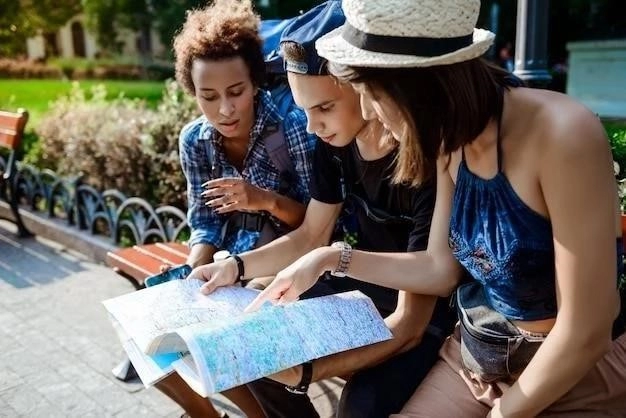
While Somalia possesses inherent beauty and cultural richness, the current security situation severely restricts tourism and leisure activities. It is crucial to prioritize personal safety and exercise extreme caution when considering any activities.
Historical Sites: Somalia has a long and storied history, evident in its ancient ruins and historical landmarks. However, access to many sites may be limited due to security concerns or a lack of preservation efforts.
Beaches and Coastline: Somalia boasts a stunning coastline along the Indian Ocean, but safety concerns often prevent visitors from enjoying its beaches. It is crucial to heed local advisories and exercise extreme caution near coastal areas.
Cultural Experiences: Engaging with Somali culture can be enriching, but it is essential to do so responsibly and with sensitivity. Seek out opportunities to interact with local communities through established organizations or trusted contacts.
Security Considerations: Due to the unpredictable security environment, it is strongly advised to avoid large gatherings, public demonstrations, and areas known for criminal activity. Always prioritize personal safety and remain vigilant.
It is crucial to emphasize that travel to Somalia for tourism or leisure purposes is not recommended. Those considering any activities should consult with security experts and stay informed about the latest travel advisories.
Itineraries
Given the prevailing security challenges and limited tourism infrastructure in Somalia, developing comprehensive travel itineraries is impractical and potentially unsafe. It is crucial to prioritize personal security and recognize that travel within the country is highly restricted and often unpredictable.
Essential Considerations:
- Security Assessment: Conduct a thorough security assessment before considering any travel within Somalia. Consult with security experts, monitor travel advisories, and maintain contact with your embassy or consulate.
- Local Contacts: Establish reliable local contacts, such as trusted guides or fixers, who possess up-to-date knowledge of the security situation and can provide logistical support.
- Flexibility: Be prepared for significant changes in travel plans due to unforeseen circumstances, such as security incidents or logistical challenges. Flexibility is essential.
It is strongly advised against independent travel in Somalia. If travel is unavoidable, it should be undertaken with extreme caution, meticulous planning, and a constant awareness of the risks involved.
When to Go
Determining the optimal time to travel to Somalia is significantly influenced by the country’s challenging security situation, which can fluctuate unpredictably. It is essential to prioritize personal safety above all other considerations when making travel decisions.
- Dry Season (December to March): This period generally offers the most favorable weather conditions, with lower humidity and less rainfall. However, it is essential to note that security risks persist year-round.
- Rainy Seasons: Somalia experiences two rainy seasons: “Gu” (April to June) and “Dayr” (October to November). Travel during these times can be challenging due to heavy rains, flooding, and road closures.
Security Over Climate: It is crucial to emphasize that climate should not be the primary factor influencing travel decisions for Somalia. The security situation can deteriorate rapidly, regardless of the time of year.
Consult Travel Advisories: Always consult up-to-date travel advisories and security assessments before considering travel to Somalia, regardless of the time of year.
What to Pack
Packing for travel to Somalia requires careful consideration of the challenging conditions and limited access to essential supplies. Prioritize practical items that address safety, health, and cultural sensitivities.
Essential Items:
- Documentation: Passport (valid for at least six months beyond your intended stay), visas, travel insurance documents, copies of important documents (stored separately).
- Clothing: Lightweight, loose-fitting clothing that covers shoulders and knees, sturdy walking shoes, a hat, sunglasses, and a scarf or shawl (for women).
- Health and Hygiene: Comprehensive first-aid kit, prescribed medications, insect repellent, sunscreen, hand sanitizer, water purification tablets or filter.
- Practical Items: Power bank, flashlight, universal adapter, small padlock, cash (US dollars and Somali shillings), small denominations for tips.
- Cultural Sensitivity: Pack modestly to respect local customs. Women should consider packing a headscarf.
- Security: Avoid packing any valuables or items that could attract unwanted attention.
It is advisable to pack light and efficiently, as luggage allowances may be limited, and carrying heavy bags can be cumbersome in challenging travel conditions.
Travel Insurance
Obtaining comprehensive travel insurance is of paramount importance when traveling to Somalia, given the significant health and security risks present in the country. Standard travel insurance policies may not provide adequate coverage for situations arising in high-risk destinations like Somalia, so careful selection is crucial.
Essential Coverage:
- Medical Expenses: Ensure your policy covers medical evacuation and repatriation to your home country in case of serious illness or injury. Medical facilities in Somalia are limited, and evacuation may be necessary.
- Security Risks: Seek coverage for events related to terrorism, political instability, and violent crime, as these risks are prevalent in Somalia.
- Trip Cancellation/Interruption: Given the unpredictable security situation, ensure your policy covers trip cancellation or interruption due to security concerns, airline disruptions, or government advisories.
- Carefully review the terms and conditions of any insurance policy to confirm coverage for Somalia.
- Contact the insurance provider directly to discuss specific coverage details and limitations related to high-risk destinations.
Travel insurance provides a vital safety net in a country with limited emergency services and heightened risks. Do not travel to Somalia without adequate insurance coverage.
Responsible Travel
While tourism in Somalia is limited, it is essential to approach any travel to this fragile nation with a strong sense of responsibility, cultural sensitivity, and a commitment to ethical conduct.
Respecting Local Communities:
- Prioritize the well-being and safety of local communities. Avoid any actions that could jeopardize their security or exploit their vulnerabilities.
- Respect Somali customs and traditions, particularly regarding dress, photography, and interactions with women.
- Support local businesses and initiatives whenever possible to contribute to the local economy.
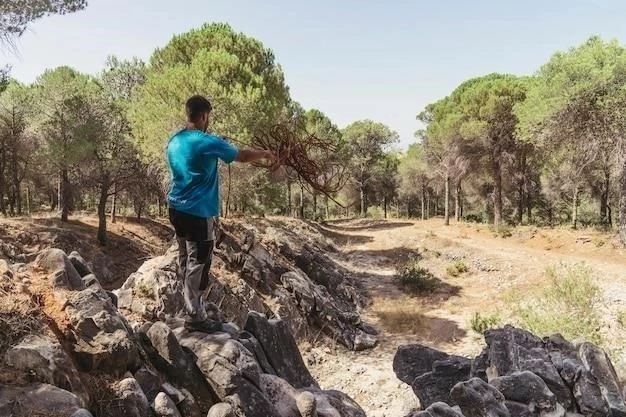
- Be mindful of your environmental footprint. Dispose of waste responsibly and conserve resources, such as water and electricity.
- Support sustainable tourism practices that protect Somalia’s natural environment and biodiversity.
Security Awareness:
- Prioritize personal safety and avoid placing yourself or others at risk. Follow the guidance of local authorities and security professionals.
- Maintain a low profile and avoid attracting unnecessary attention. Be discreet with displays of wealth or technology.
Responsible travel to Somalia requires a commitment to ethical conduct and a deep respect for the country and its people.

Staying Connected
Maintaining communication while traveling in Somalia can be challenging due to limited infrastructure and unreliable connectivity. It is crucial to plan ahead and explore available options to ensure you can stay in contact with essential contacts.
- Somalia has mobile phone coverage in some areas, primarily in major cities and towns. However, network reliability can vary significantly.
- Consider purchasing a local SIM card upon arrival for more affordable local calls and data usage. Ensure your phone is unlocked before you travel.
- Inform your mobile provider about your travel plans to inquire about international roaming options and associated costs.
Internet Access:
- Internet access in Somalia is limited and often unreliable. Internet cafes are available in some urban areas but may have slow speeds and security vulnerabilities.
- Some hotels and guesthouses offer Wi-Fi, but the quality and availability can vary.
- For travelers venturing to remote areas or requiring reliable communication, satellite phones offer a more dependable option, though they come at a higher cost.
It is essential to manage expectations regarding communication in Somalia. Connectivity can be intermittent, and it is advisable to have backup plans in place for emergencies or critical communications.
Emergency Contacts
In the event of an emergency in Somalia, access to reliable assistance can be extremely limited. It is essential to have a well-defined plan and essential contact information readily available.
Local Emergency Services:
- Police: 888
- Ambulance: 999 (Note: Ambulance services are extremely limited.)
- Maintain a record of your home country’s embassy or consulate in Somalia or a neighboring country.
- Store their contact information, including emergency numbers, in your phone and a separate written copy.
Additional Contacts:
- Provide your itinerary and emergency contact information to a trusted family member or friend in your home country.
- If traveling with an organization or tour operator, maintain their contact information readily available.
It is crucial to understand that emergency response capabilities in Somalia are severely limited, and assistance may not be immediately available.


